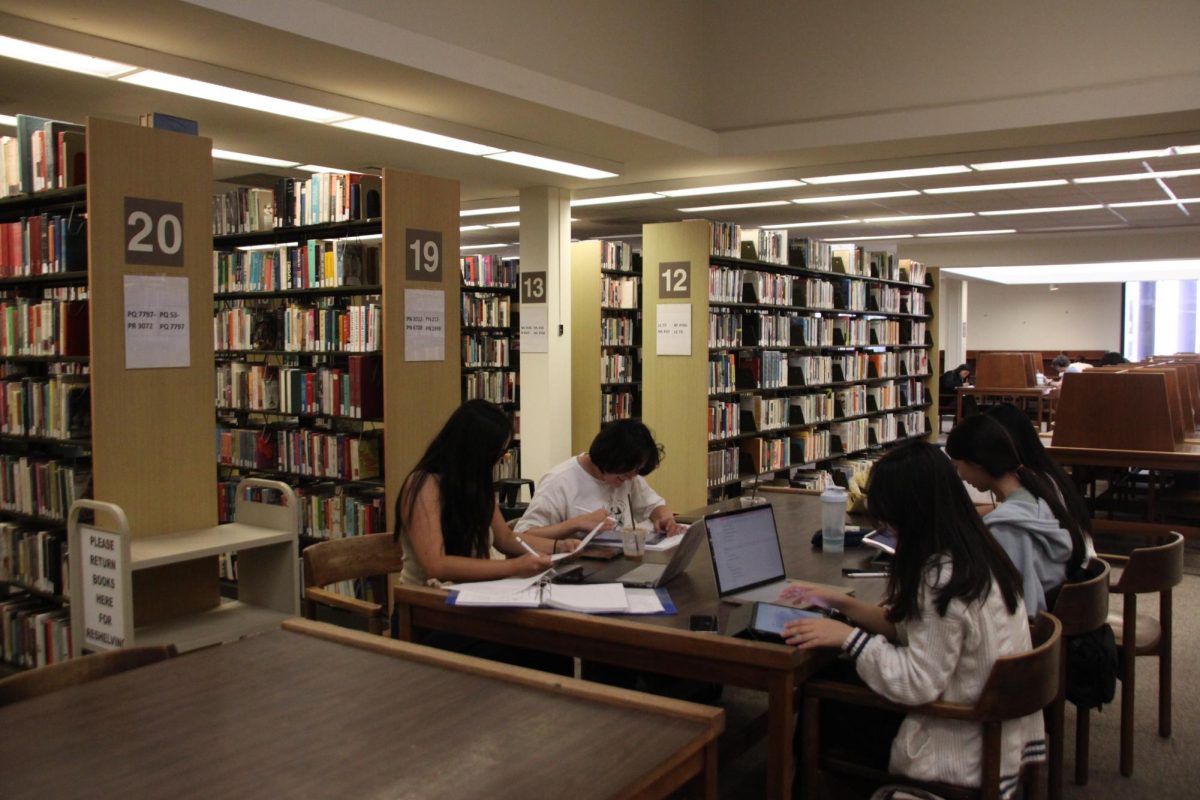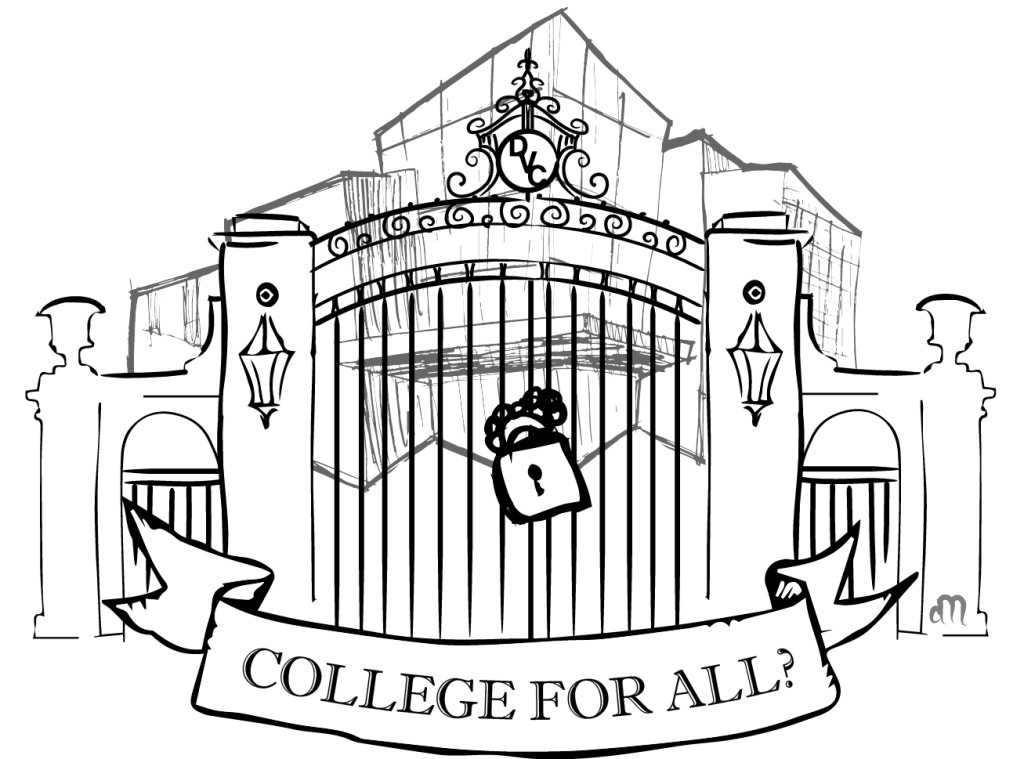A new bill that could raise tuition prices for some California community college students has reached Gov. Jerry Brown’s desk.
The bill proposes that students taking high demand classes, such as transfer-level English, history and algebra, would be charged up to $200 per unit throughout summer and winter terms, according to a Los Angeles Times article on Sept. 23.
While this bill claims to help students finish community college faster, the passing of Proposition 30 last year has made it unnecessary. It would also betray the purpose of community colleges, which is to offer all students a level playing field.
This legislation was written by Das Williams, an assemblyman from Santa Barbara who is chair of the Higher Education Committee.
Williams’ proposition, AB 955, is a way for community colleges to voluntarily offer summer or winter courses at full cost, as opposed to the $46 per unit students are currently paying.
In an opinion piece for UC Berkeley’s newspaper, The Daily Californian, Williams wrote that his bill stemmed from the idea that it takes students at community colleges longer to finish or to transfer because there has been a lack of classes available, with the ones in high demand being the first to fill up.
These classes would give students the opportunity to take courses they need without having to chance their luck on a waitlist or even wait another semester or year for their needed classes to open up.
Theoretically, this sounds good, but according to an article from the San Francisco Chronicle on Sept. 11, the passing of Proposition 30 last year has actually helped community colleges by spreading $810 million through the entire system for the current budget year.
These millions of dollars were raised through tax increases and with this surge of money going to community colleges, schools are now “able to afford more courses and instructors,” according to the Chronicle. This in turn, gives more students the opportunity to enroll, and enroll in the classes they need.
Let’s be honest, people to go community college for a reason. It’s cheap education that’s available for everyone and serves as a good stepping stone for those who wish to transfer or is just an inexpensive way to gain a degree.
While this bill is being proposed as a voluntary program, it just doesn’t seem necessary or fair.
Wealthier students would be able to move on quicker, people who rely on financial aid wouldn’t have much to worry about, but students who are in middle could be affected the most.
When it comes down to who will transfer or graduate faster, your fate lies in your own hands. If you’re motivated enough to finish community college, then it should happen on your own time, not based on how much money you have.
And while this program may start off as voluntary, who’s to say that it won’t be mandated in the future? Won’t colleges like DVC be tempted by the extra dollars?
This is not the first nor the last time raising California community college tuition will be an issue, but if we don’t take a stance and act on it now, who will?






































































